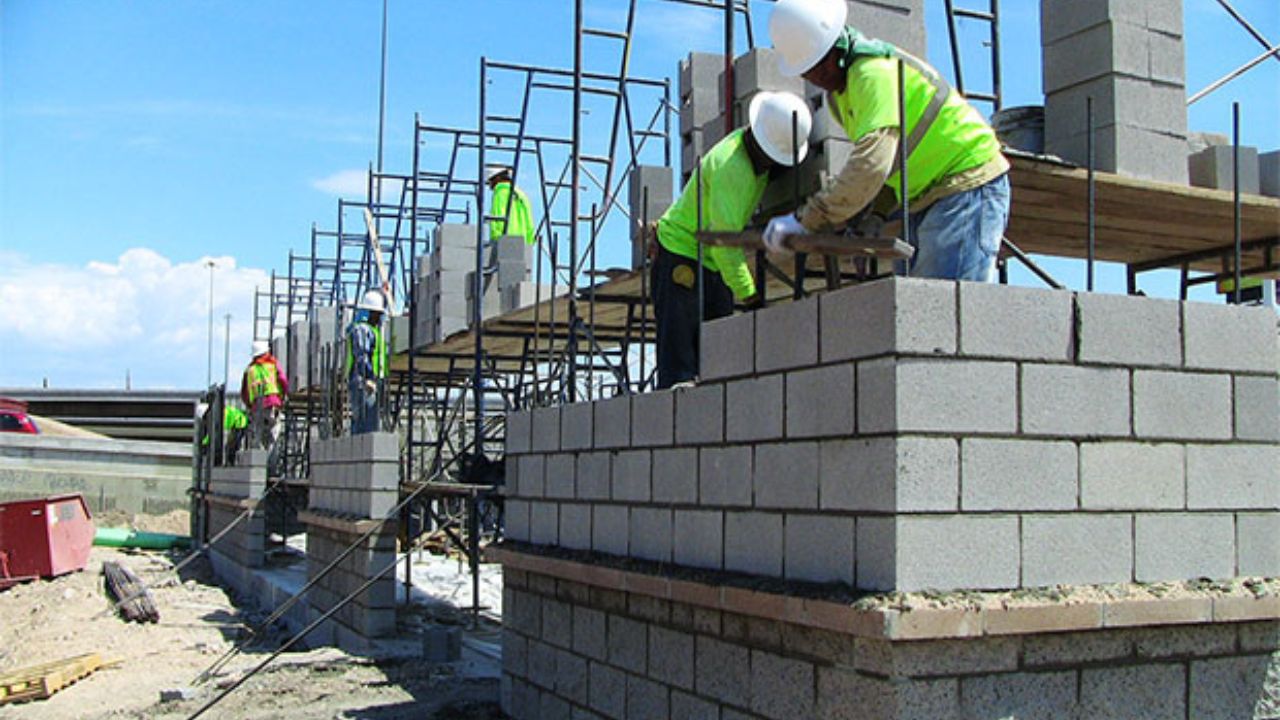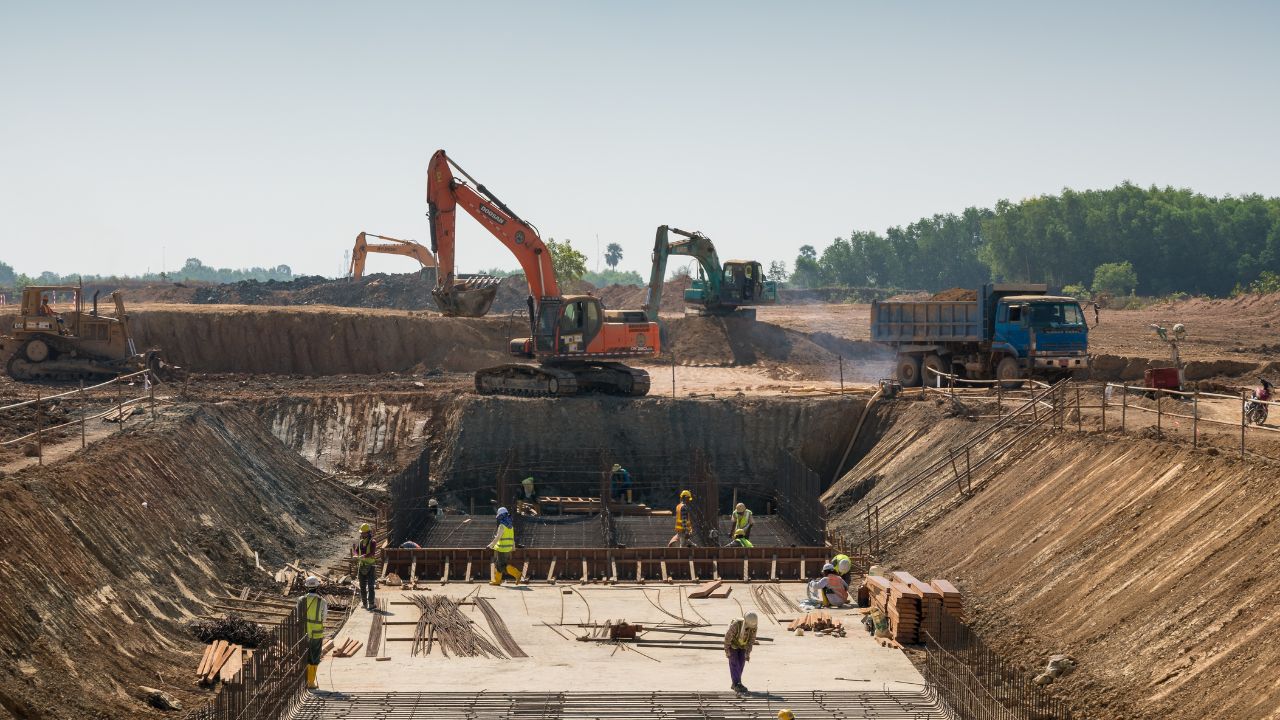- Homepage
- Essential Strategies for Risk Mitigation in Preconstruction
Essential Strategies for Risk Mitigation in Preconstruction
preconstruction services for your project
Preconstruction is one of the most critical stages in any construction project. It lays the groundwork for successful execution and ensures that every potential challenge is identified and managed before work begins on-site. At this stage, risk mitigation becomes essential because small oversights can lead to major delays, cost overruns, and design conflicts once construction starts. Implementing proper risk management strategies during preconstruction helps in creating a more predictable, efficient, and profitable project outcome.
This article explains the most effective strategies for risk mitigation in preconstruction, focusing on detailed planning, budgeting, estimating, communication, and quality control.
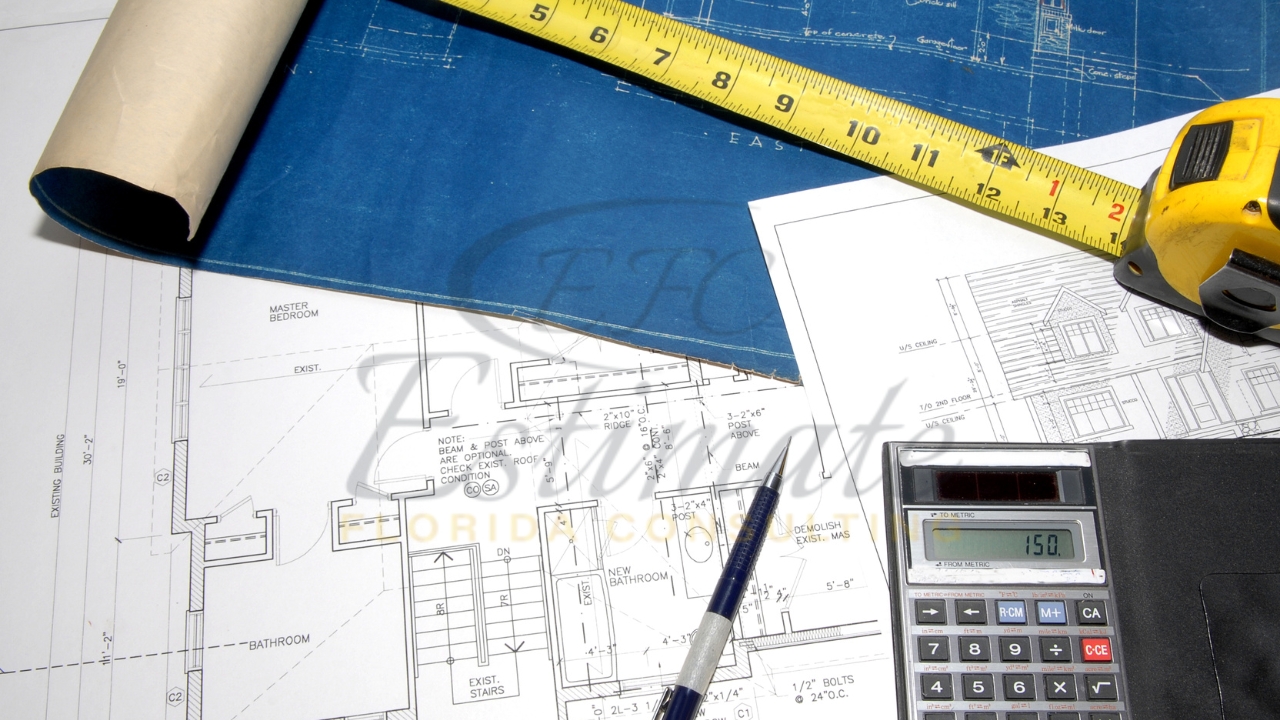
Whether you are a contractor, developer, or project owner, understanding these strategies will help you achieve smoother project execution and greater financial control.
1. Comprehensive Project Planning
The foundation of risk mitigation starts with comprehensive project planning. Preconstruction is not just about cost estimation; it’s about envisioning the entire project lifecycle from concept to completion. A well-structured plan helps identify potential roadblocks early, reducing the chances of unexpected issues later on.
During this phase, project stakeholders should outline project goals, define the scope of work, and determine key deliverables. This planning should also involve evaluating construction methods, materials availability, and logistical constraints. A detailed preconstruction checklist ensures that every critical component—from zoning regulations to design approvals—is accounted for.
Moreover, project scheduling plays a major role. Early collaboration with architects, engineers, and subcontractors allows for better coordination of timelines. When all parties understand the sequence of work, the chances of overlapping activities, miscommunication, or resource shortages are greatly reduced.
2. Accurate Cost Estimation and Budget Control
Cost overruns are one of the most common risks in construction projects, and they often stem from inaccurate preconstruction estimates. By using precise and data-driven estimating techniques, professionals can minimize budget-related risks.
At Estimate Florida Consulting, the focus during preconstruction is on creating detailed cost breakdowns for every component—materials, labor, equipment, and subcontractor expenses. This approach provides transparency and allows owners and contractors to understand where every dollar is being allocated.
A well-prepared cost estimate should also include contingency funds to address unforeseen conditions, such as material price fluctuations or design changes. By incorporating this buffer, project teams can manage financial uncertainty without halting progress.
Accurate cost estimating doesn’t just protect your budget—it also helps in winning bids, securing financing, and maintaining trust with clients throughout the construction process.
Get High-Quality 3D Rendering Today!
Transform your space with stunning 3d rendering that blends style, comfort, and functionality.
We specialize in providing 3D rendering services.
- Luxury Villas
- Apartment Complexes
- Modular Kitchens
- Bathrooms
- Office Buildings
- Shopping Malls
- Hospitals
- Hotels & Resorts
3. Conducting Thorough Site Investigations
A proper site assessment is one of the most overlooked but crucial steps in preconstruction. Many risks originate from the job site itself, including soil instability, drainage issues, underground utilities, or environmental hazards. Conducting a comprehensive geotechnical study and site survey can prevent costly surprises during excavation or foundation work.
These investigations help identify soil bearing capacity, contamination risks, water tables, and other physical challenges that might affect construction. By understanding these conditions early, engineers can design appropriate foundation systems, drainage solutions, and structural reinforcements, minimizing the risk of costly change orders or delays once the project begins.
Furthermore, environmental compliance should be reviewed during the preconstruction phase to avoid potential legal or regulatory challenges later in the project.
4. Early Identification of Design Conflicts
Design-related risks are another major source of cost and schedule overruns. Early detection of design conflicts during preconstruction can save significant time and money. This is where constructability reviews come into play.
Constructability reviews involve analyzing the design documents to ensure that they align with practical construction methods and available materials. For example, if a structural design calls for materials that are hard to source locally, this could lead to procurement delays and budget increases. Identifying such issues in the preconstruction phase allows teams to propose value engineering solutions that optimize cost and performance without compromising quality.
Building Information Modeling (BIM) is also an excellent tool for this process. BIM allows project teams to visualize the entire structure digitally, helping identify clashes between architectural, structural, and MEP systems. Resolving these design issues before construction starts reduces rework, ensures smooth coordination, and enhances productivity on-site.
5. Strong Communication and Collaboration
One of the most effective strategies for risk mitigation in preconstruction is ensuring transparent and continuous communication among all project stakeholders. Miscommunication is a leading cause of project errors, budget misalignment, and delays.
Preconstruction meetings should be held regularly with architects, engineers, contractors, and owners to review progress, address concerns, and update schedules. Establishing a clear chain of communication helps ensure that critical decisions are made quickly and based on accurate information.
Digital collaboration platforms and project management software can further streamline this communication process.

Tools like Procore, PlanGrid, or Buildertrend allow all teams to stay updated in real-time, share documents, and track changes. When communication flows effectively, the risk of misunderstandings and redundant work decreases significantly.
6. Risk Assessment and Prioritization
Not all risks carry the same weight. During the preconstruction phase, conducting a formal risk assessment helps teams identify, evaluate, and prioritize risks based on their potential impact on the project.
This process typically includes creating a risk register, a document listing each identified risk, its likelihood, potential impact, and the mitigation strategies to address it. For instance, a risk related to supply chain delays might be mitigated through early material procurement or securing backup vendors.
The key is to categorize risks into levels of severity—such as low, medium, or high—and develop response strategies for each. High-priority risks should be addressed immediately with contingency plans, while low-priority risks should still be monitored throughout the project timeline.
7. Implementing Value Engineering
Value engineering is one of the most powerful tools in preconstruction risk mitigation. It involves evaluating materials, systems, and construction methods to improve performance and reduce costs without compromising quality.
By comparing alternative materials or design approaches, project teams can make more informed decisions that minimize financial and technical risks. For example, substituting an expensive imported material with a locally sourced equivalent can reduce both cost and delivery time.
Moreover, value engineering sessions bring together experts from different disciplines—architects, engineers, estimators, and project managers—to collectively identify smarter ways to achieve the same design goals more efficiently. This proactive approach significantly reduces change orders and budget overruns later in the project.
Want to Start Your Project with the Best Contractors?
Let’s Take Your Projects to the Next Level.
& What's you will get:
- Connecting You to Top Local Contractors
- Professional Consulting, Contractors Near You
- From Expert Advice to Local Contractor Connections
Contact Now
Let's discuss with a cup of coffe
8. Managing Schedule Risks
A delayed project can quickly lead to financial losses, client dissatisfaction, and contractual penalties. To mitigate schedule-related risks, preconstruction teams must develop a realistic project timeline that considers all potential constraints—weather, permits, material lead times, and labor availability.
The key is to build flexibility into the schedule. For instance, identifying critical path activities and including time buffers for unforeseen circumstances ensures that minor delays don’t derail the entire project.
Modern scheduling software, such as Primavera P6 or Microsoft Project, allows preconstruction managers to simulate different scenarios and visualize how each decision impacts the overall timeline. This proactive approach helps maintain control and avoid disruptions once construction begins.
9. Legal and Contractual Risk Management
Contracts play a vital role in mitigating preconstruction risks. Every agreement should clearly define scope, responsibilities, payment terms, and change order procedures to prevent future disputes.
Contract reviews should be conducted carefully to ensure that risk allocation between the owner, contractor, and subcontractors is fair and transparent. For example, clauses related to delays, unforeseen conditions, and material price escalation should be explicitly addressed in the contract.
By involving construction attorneys or legal advisors early in the preconstruction phase, you can ensure compliance with state regulations, minimize liability exposure, and protect all parties involved in the project.
10. Continuous Review and Adjustment
Risk mitigation is not a one-time process—it’s a continuous cycle. Throughout the preconstruction phase, project teams should review and update risk management plans as new information becomes available.
Regular progress assessments, cost updates, and design reviews help ensure that the project remains aligned with its original objectives. Flexibility and adaptability are key to handling evolving challenges efficiently.
By maintaining a culture of ongoing evaluation and proactive problem-solving, contractors and developers can ensure their projects stay within budget, on schedule, and free from unexpected disruptions.
90% More Chances to Win Bids with Our Estimate!
Conclusion
Effective risk mitigation in preconstruction is the foundation of every successful construction project. From accurate estimating and detailed planning to strong collaboration and continuous evaluation, every step plays a crucial role in reducing uncertainties.
By implementing these essential strategies, contractors and developers can prevent delays, control costs, and improve overall project performance. At Estimate Florida Consulting, every preconstruction plan is developed with precision, transparency, and risk awareness—ensuring that every project begins with confidence and ends with success.
Frequently Asked Question
Risk mitigation in preconstruction refers to identifying, analyzing, and managing potential challenges—such as cost overruns, design conflicts, and schedule delays—before construction begins. It ensures that projects are executed smoothly, on time, and within budget.
Preconstruction risk management helps prevent costly surprises during construction. By addressing potential issues early—such as inaccurate estimates, site problems, or material shortages—project teams can make informed decisions, reduce financial exposure, and improve overall project efficiency.
Common risks include inaccurate cost estimates, incomplete designs, unforeseen site conditions, poor communication among stakeholders, and unrealistic schedules. Identifying and addressing these risks early helps maintain control over project costs and timelines.
A thorough site investigation helps uncover potential ground conditions, drainage issues, or environmental hazards before construction starts. Understanding these factors early allows engineers to design effective solutions and avoid costly rework later.
At Estimate Florida Consulting, we specialize in comprehensive preconstruction planning and documentation across Florida. Our team provides detailed cost estimates, feasibility studies, risk assessments, and project schedules to ensure your build starts on the right track.
Call 561-530-2845 to get expert preconstruction planning services for your next project.
Comprehensive Trade-Specific Estimates
At Estimate Florida Consulting, we offer detailed cost estimates across all major trades, ensuring no part of your project is overlooked. From the foundation to the finishing touches, our trade-specific estimates provide you with a complete and accurate breakdown of costs for any type of construction project.
Our Simple Process to Get Your Estimate
Upload Plans
Submit your project plans, blueprints, or relevant documents through our online form or via email.
Receive Quotation
We’ll review your project details and send you a quote based on your scope and requirements.
Confirmation
Confirm the details and finalize any adjustments to ensure the estimate meets your project needs.
Get Estimate
Receive your detailed, trade-specific estimate within 1-2 business days, ready for your project execution.



Our Clients & Partners
We pride ourselves on building strong, lasting relationships with our clients and partners across the construction industry.


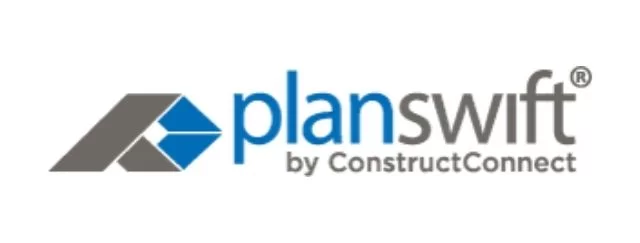
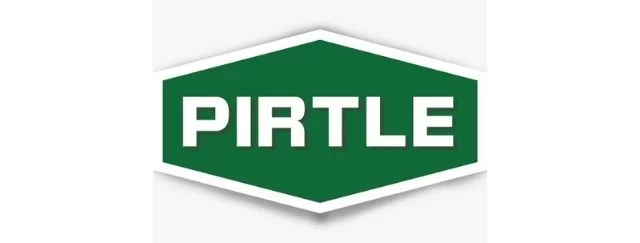

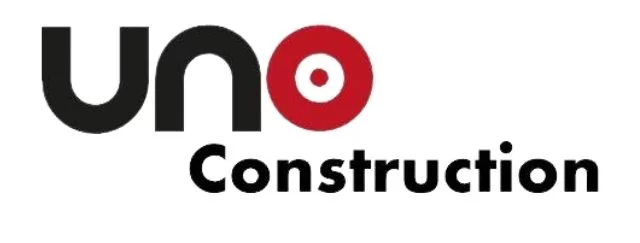
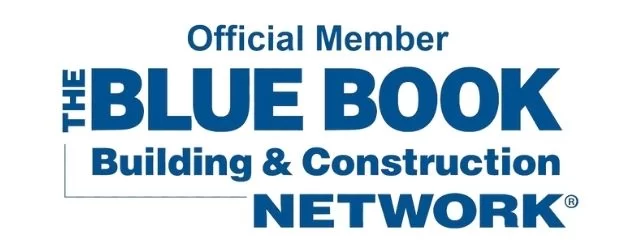
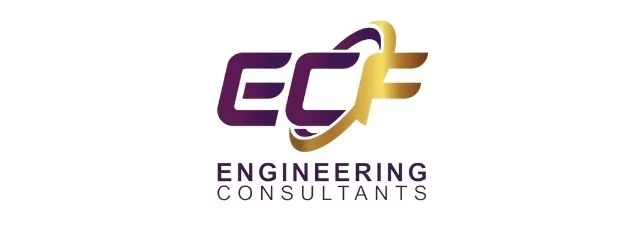



What Our Clients Say?
We take pride in delivering accurate, timely, and reliable estimates that help contractors and builders win more projects. Our clients consistently praise our attention to detail, fast turnaround times, and the positive impact our estimates have on their businesses.
Estimate Florida Consulting has helped us win more bids with their fast and accurate estimates. We trust them for every project!





